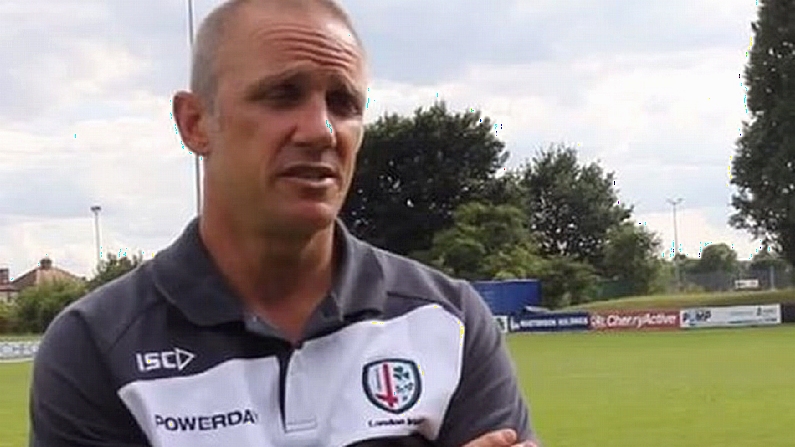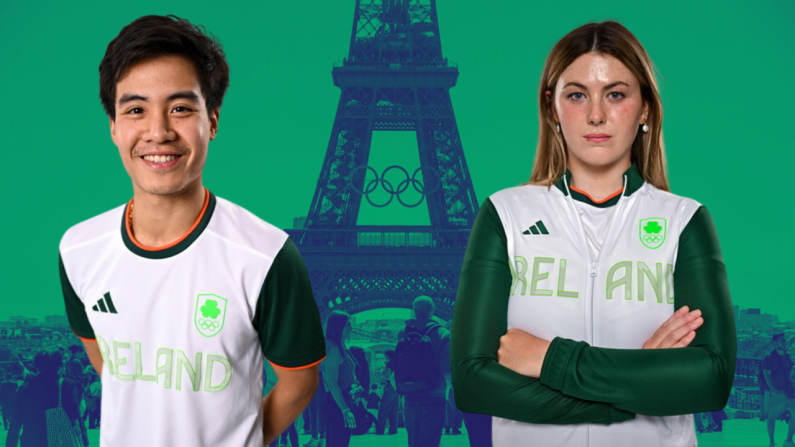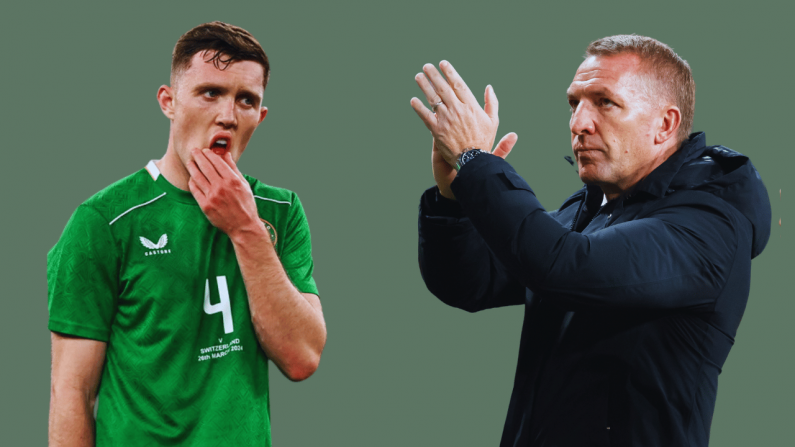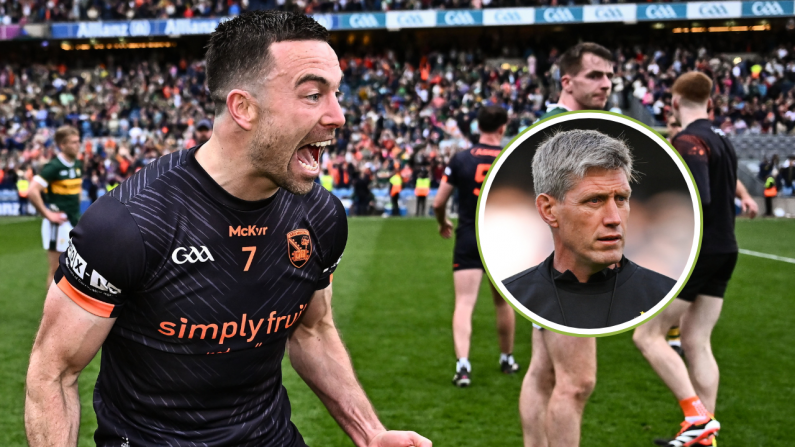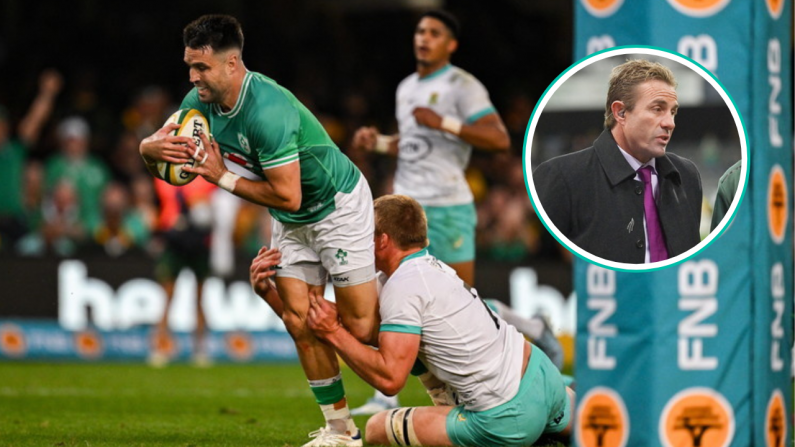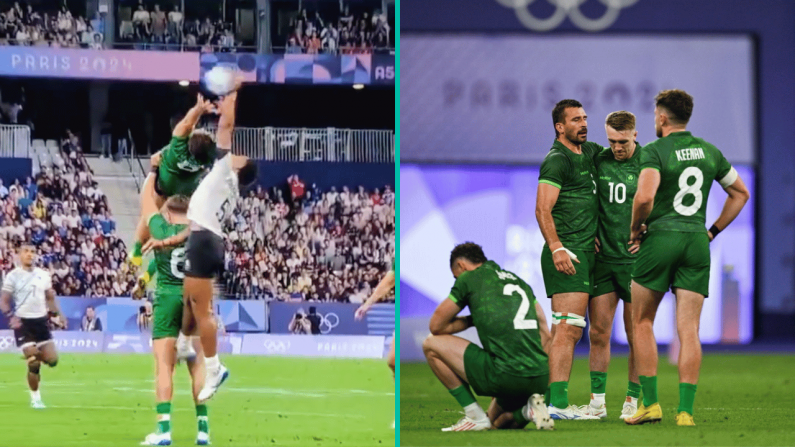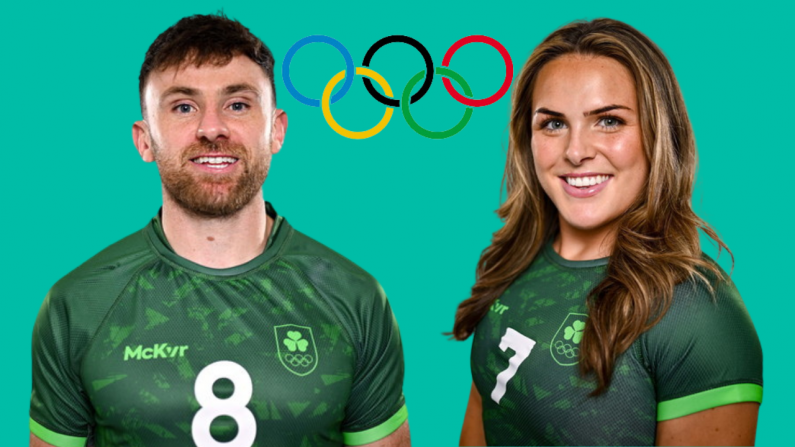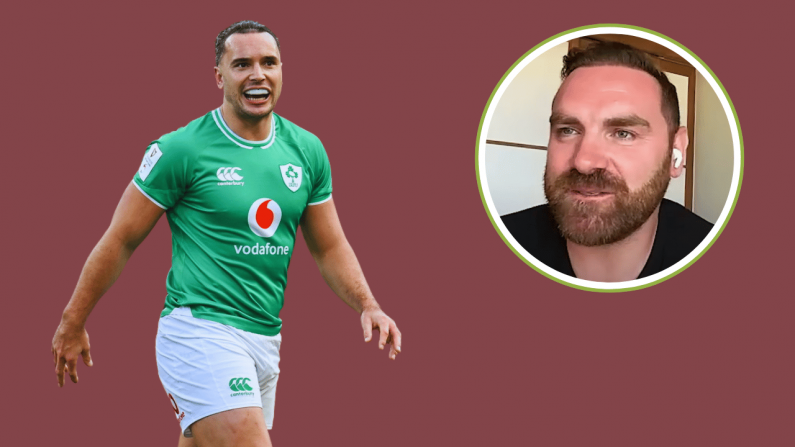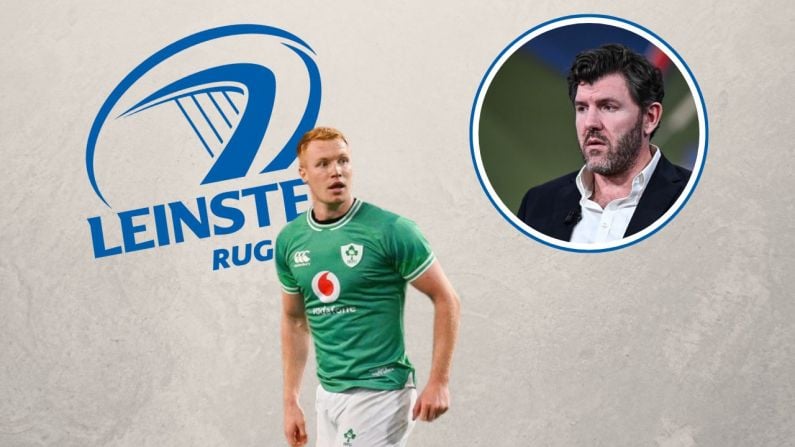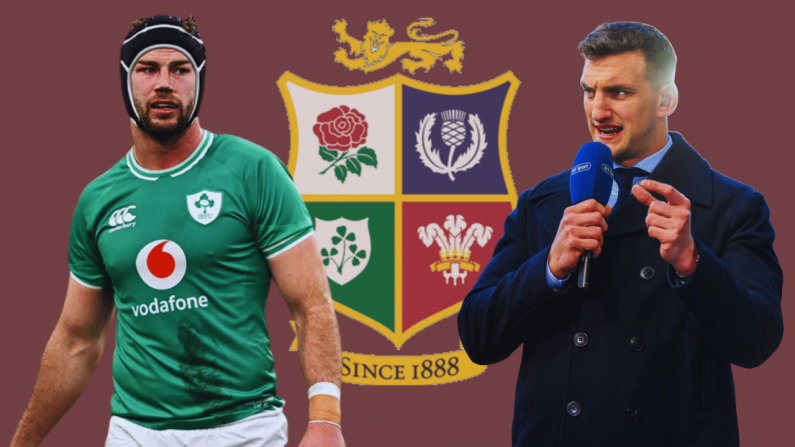Their blood hardly quickened by the grainy pre-match burst of their intimidating new anthem 'The Rose of Tralee', the Irish players readied themselves for their first ever World Cup quarter-final in the Concord Oval in Sydney in 1987.
They had qualified for this stage after finishing runners-up in their pool, a rather modest achievement given that this involved losing to Wales and beating Canada and Tonga.
The Irish preparations were ramshackle - deliberately so. The IRFU took a dim view of the whole World Cup business, and were determined that the players would not take it seriously.
The union were fanatical adherents to the amateur ideal and feared the new tournament would hasten the introduction of professionalism. Along, with the WRU, they had opposed it's introduction.
Players were ordered not to train and instead rest up, an unwise move had the union any desire that the team prosper in the competition. An exasperated Donal Lenihan organised clandestine scrummaging sessions against Lansdowne shortly before the team flew out.
The Welsh game has been cited by Neil Francis as the worst game of rugby union ever played.
Not for the last time, Ireland would fall at the quarter-final hurdle. The highly fancied Aussies, who would go on to choke in the semi-final against a Serge Blanco inspired France, blitzed the Irish early on.
At half-time, the score was 22-0, and a historic hammering was on the cards. Australia's replacement scrum half (who came on early for Nick Farr-Jones) Brian Smith went over for Australia's second try of the match.
However, a late drive for respectability produced tries from Hugo MacNeill and Michael Kiernan and Ireland went down on a comparatively dignified scoreline of 33-15.
After a torrid few weeks, in which he suffered a heart attack, coach Mick Doyle was eager to claim the moral victory. Ireland 'had won the second half', he said.
Two years later, Brian Smith was studying in Oxford and playing club rugby for Leicester.
Jimmy Davidson, the coach of the all-conquering Ulster provincial team of the 1980s, was appointed Ireland coach not long after the '87 World Cup. His first two Five Nations championships decanted one victory apiece, against Scotland in the opener in 1988 and then a Noel Mannion inspired win in Cardiff in 1989.
He felt he had an out-half problem. Paul Dean was moving on and he evidently didn't fancy Ralph Keyes. He learned that Smith's grandmother was from Wexford.
I was aware of his qualifications and was friendly with Alan Jones (the Australian coach). I called Brian before the Varsity match to check out how he'd feel about playing for Ireland.
I still have the audio tape of the conversation. I told him I didn't want any carpetbaggers. He was an outstanding player of whom I couldn't speak highly enough. He was a superb athlete, great ball player with vision and a fine understanding of the game that was more advanced that his peers'. He was professional in his attitude and commitment long before the game embraced professionalism.
The Irish rugby fraternity were much less tolerant of granny-rulers than their soccer brethren and his call-up was much criticised. Willie John McBride, then a columnist with the Irish Times, never missed a chance to call for his omission. Tony Ward described the decision to enlist Smith as 'indefensible' and later referred truculently to his 'brief flirtation' with Irish rugby.
In an interview with Peter Bills a number of years ago, Smith reflected on his decision to accept the call-up.
Perhaps, when I look back now, I feel that I shouldn't have done it. Hindsight is a wonderful thing and, I have to admit, I wasn't happy with the way things panned out at the end.
Smith earned nine caps and featured in the 1990 and 1991 Five Nations campaigns. Ireland won two from nine with Smith at no. 10. The victories came in the wooden spoon decider against Wales in Lansdowne Road in the 1990 Five Nations (a match which condemned Wales to their first ever whitewash) and an October test against Argentina in the same year. Smith grabbed a try in the Welsh win, meaning he had now touched down both for and against Ireland.
Some progressive types praised Smith for re-energising the Irish backline which scored ten tries in the 1991 Five Nations, an incredibly high tally for the Ireland of that era. However, the team were unlucky, losing narrowly to Scotland, France and England and then only drawing against Wales, despite playing all the rugby.
It was anticipated he would hold the no.10 jersey for the 1991 World Cup. A runners-up spot in the group phase would essentially ensure a quarter-final match against Australia. Smith would participate in the same fixture he had played in four years earlier, except in a different jersey.
However, before it got that far, he jumped ship and headed back to Australia, enticed by the prospect of a professional rugby league contract in Sydney. His teammates took the news badly.
Smith ignored all requests for interviews and made no attempt to explain the reasons for his swift departure, a decision he told Bills he now regards as a mistake.
Alan Jones, the Australian coach who Jimmy Davidson had consulted, was now coach of the Balmain Tigers, the rugby league side which Smith joined, and he lashed out at the Irish media criticism.
'Brian Smith will not talk to the Irish media until they are fair to him.' he said.
As such, he became a whipping boy in Ireland, and was usually an easy target for criticism. In an interview in 2005, he said he understood the reasons behind this.
I completely understand why to this day I could be vilified in pubs, why at the time I might have got a bit of stick being someone coming in from the outside. It was irregular, in fact, it was the first time that anyone had done that in Ireland.
It (the decision to go back) doesn't sit well with me. In many respects I had a moral obligation to those people who first introduced me to Irish rugby; Tom Kiernan, Tony Toomey and those guys who welcomed me.
But rugby league was his dream and he now admits he was possibly unwise to accept the Irish call-up.
In my heart of hearts, I always wanted to take the rugby league challenge, so perhaps I should have just gone home. I had good reasons for going to League - I had been at university, didn't have a cent and this was a big juicy rugby league contract being offered. It was a wonderful experience... with Ireland... but I do regret the way it ended.
Having been pilloried in some quarters for accepting the Irish call-up, Smith was pilloried for all quarters on leaving for home.
Read more: Paul O'Connell's Words On What It Means To Play For Ireland Belong On A Statue

